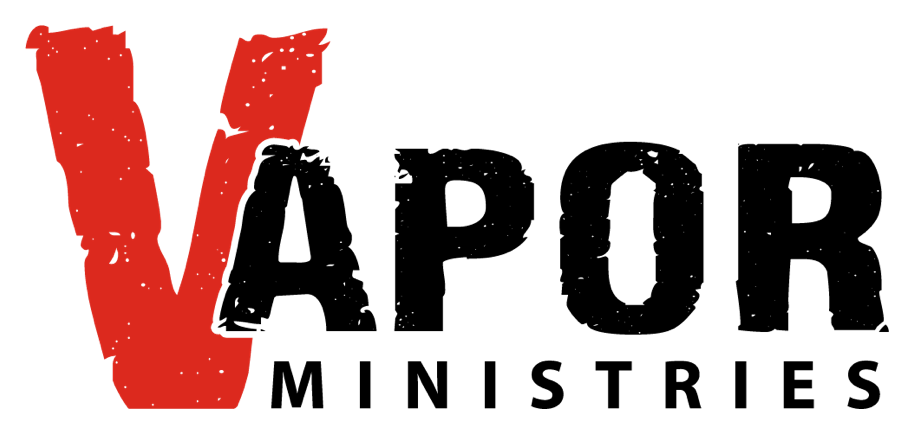The obstacles were numerous. I didn’t speak the language, come from the ghetto or look the part. In the US I was 1 out of a million, now in a slum in Africa I stood out in every way imaginable. A vision led me there, but to execute I would have to impart the dream and develop a team. The problem? Our future change agents, at first, could not see outside the slum. They also could not see past the barriers between me, them, and our shared future. I had to close the gap... but how?
I became convinced that the secret of replacing relational distance with a bond of brotherhood was bound up in the example of Christ. To make the gospel real he became relatable. For the good of non-deities the God of the Universe took on a robe of human flesh, ate our food, spoke our language, wore our clothes and walked our streets. He was so much a man that many refused Him as God. If the God of heaven could relate to humans then surely a middle class white kid could become African.
Incarnating became a cornerstone of my time developing our first Center in Africa and a guiding principal for our work today. I can honestly say now that our greatest breakthroughs have come when our leaders have sought to immolate Christ by holding high our standards and bending low their knees.
It is pretty humbling when you realize in John 13:3-6 that it was actually after Jesus was crowned the Supreme Leader over the Universe that we see Him dressing down and cleaning feet.
“Jesus knew that the Father had given him authority over everything and that he had come from God and would return to God. So he got up from the table, took off his robe, wrapped a towel around his waist, and poured water into a basin. Then he began to wash the disciples' feet, drying them with the towel he had around him.” John 13:3-6
"You call me ‘Teacher' and ‘Lord,' and you are right, because that's what I am. And since I, your Lord and Teacher, have washed your feet, you ought to wash each other's feet. I have given you an example to follow. Do as I have done to you." John 13:13–15
- Micah McElveen

